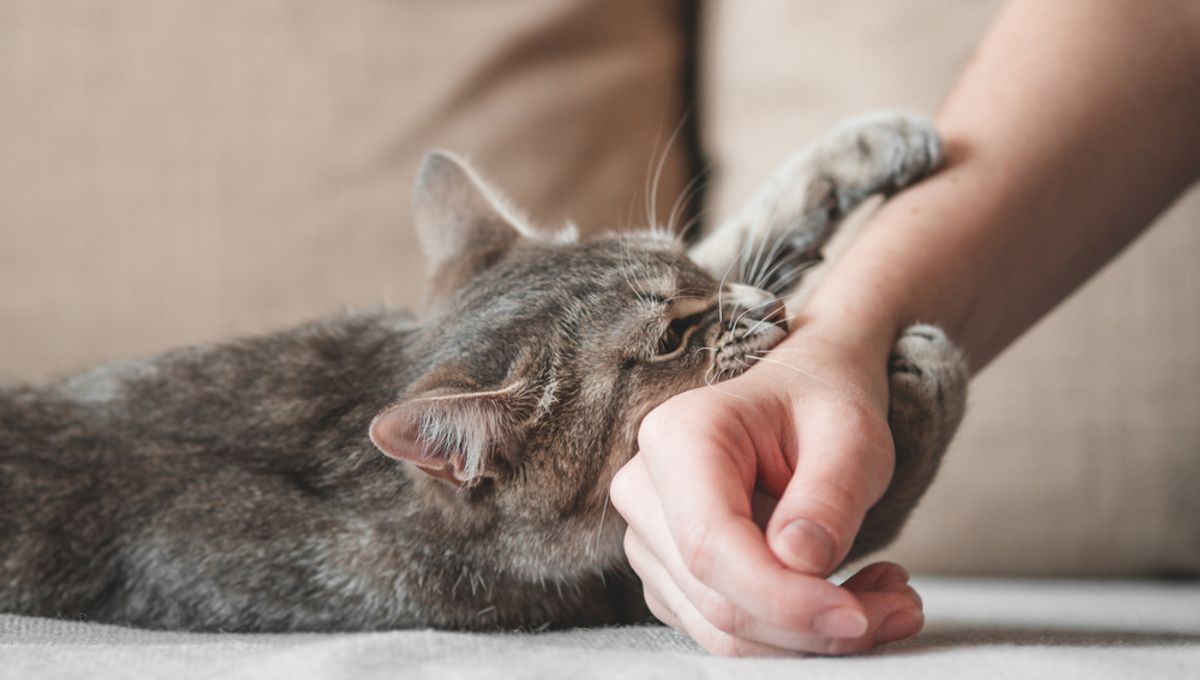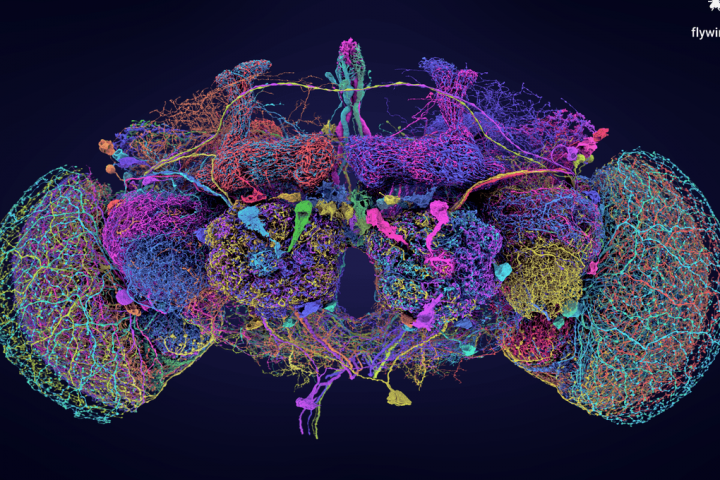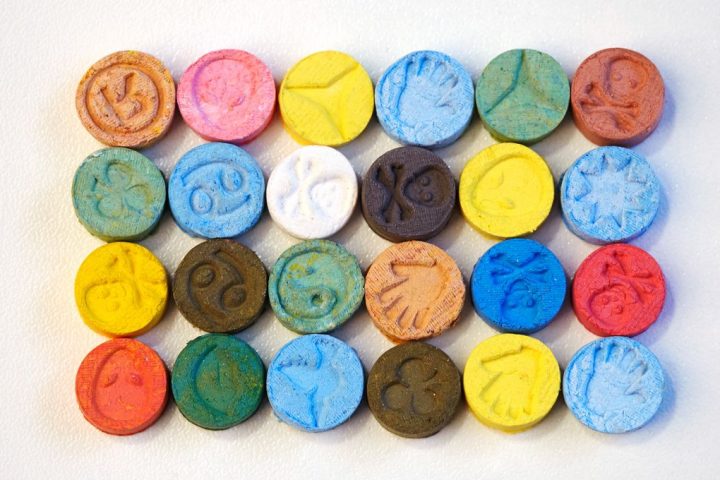Imagine this: a 48-year-old man walks into the emergency department with a painfully swollen hand. What caused it? A feral cat bite. Yes, you read that right. This man had been attacked by a wild cat, and now he was paying the price.
The doctors did their best to treat him, cleaning and dressing his wounds, giving him a tetanus shot, and prescribing antibiotics. They thought that would be the end of it. But within 24 hours, he was back, and things had gotten worse. The infection had spread to his fingers and forearms. It was time for a more aggressive approach.

But here’s where things get really interesting. The doctors couldn’t figure out what was causing the infection. So, they decided to do some detective work. They used genome sequencing and biochemical profiling to identify the culprit.
What they discovered was mind-blowing. It was a completely new species of bacteria, never seen before. This little-known bacteria belonged to the genus Globicatella, a group that closely resembles the infamous Streptococcus – the same bacteria responsible for scarlet fever and strep throat.
Now, this new addition to the genus is only the third known Globicatella species. The other two have been known to cause infections in humans, but this one was different. It was a distinct and previously undescribed species.
So, what can we learn from this? Well, it turns out that cat bites can be more dangerous than we thought. Cats have been linked to various bacterial infections, including the pneumonic plague. And let’s not forget about the brain-altering parasite they can carry, Toxoplasma gondii.
This case report serves as a reminder that cats can be reservoirs for undiscovered bacterial species with the potential to harm humans. But it’s not just cats we need to be cautious of. Dogs and even cake-stealing iguanas can harbor nasty bacteria too.
If you ever find yourself on the receiving end of a stray cat’s bite or scratch, take it seriously. Wash the wound immediately with soap and water, and seek medical attention. It’s better to be safe than sorry.
The full case study can be found in the journal Emerging Infectious Diseases.
Note: The content of this article is not intended to be a substitute for professional medical advice, diagnosis, or treatment. Always seek the advice of qualified health providers with questions you may have regarding medical conditions.








